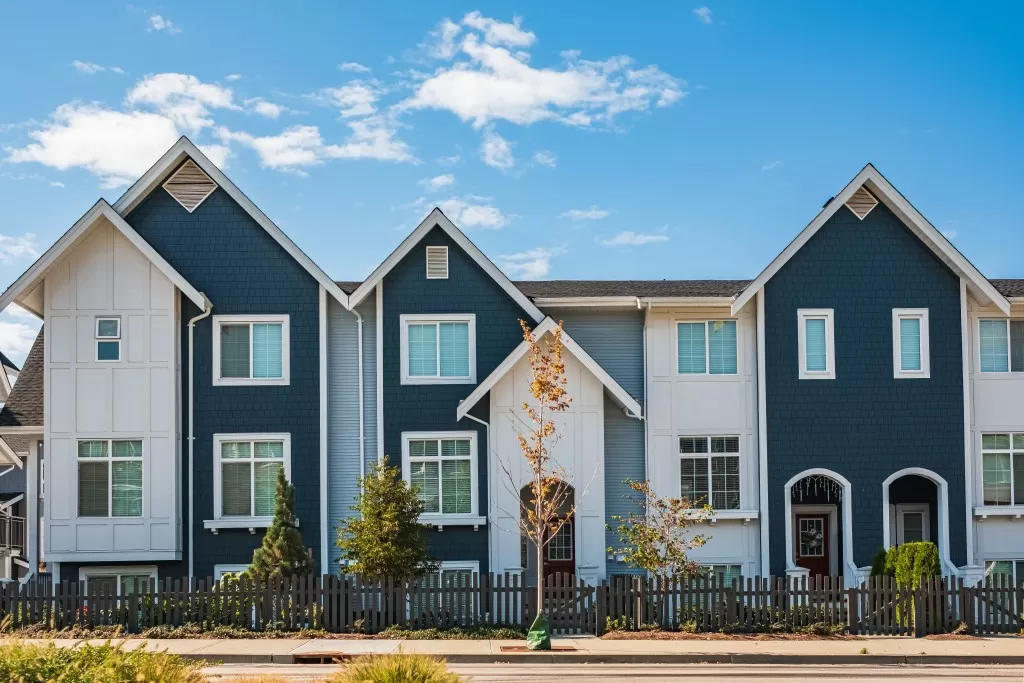Buying a Second Home vs Investment Property: A Side-by-Side Comparison Guide
Investing in real estate has always been a popular way to build wealth and secure financial stability. However, when it comes to purchasing a property, there are different options to consider. Two of the most common choices are buying a second home or an investment property. While both may seem similar, there are significant differences between the two that can greatly impact your decision. In this article, we will explore the key differences between a second home and an investment property, including financing, taxes, occupancy rules, and management needs, to help you make an informed decision.
Financing
One of the main differences between a second home and an investment property is the financing options available. When buying a second home, you can typically secure a mortgage with similar terms and interest rates as your primary residence. This is because lenders view second homes as a lower risk since you will be using it for personal use and will likely take good care of the property.
On the other hand, financing an investment property can be more challenging. Lenders usually require a higher down payment, typically 20-30%, and may charge a higher interest rate. This is because investment properties are seen as a riskier investment, as they are not used for personal use and are solely for generating income.
Taxes
Another significant difference between a second home and an investment property is the tax implications. When it comes to a second home, you can deduct mortgage interest and property taxes, just like you would with your primary residence. However, if you rent out your second home for more than 14 days a year, you will have to report the rental income and may be able to deduct certain expenses related to the rental.
On the other hand, investment properties are subject to different tax rules. You can deduct mortgage interest, property taxes, and other expenses related to the property, such as repairs and maintenance. Additionally, you can also claim depreciation on the property, which can help reduce your taxable income. However, if you sell the property, you will have to pay capital gains tax on the profit, unlike a second home, where you may be able to exclude up to $250,000 (or $500,000 for married couples) of the profit from capital gains tax.
Occupancy Rules
When it comes to occupancy rules, there are significant differences between a second home and an investment property. A second home is typically used for personal use, meaning you can stay there whenever you want. However, most lenders require that you occupy the property for a certain amount of time each year, usually 10-14 days, to qualify for a second home mortgage.
On the other hand, an investment property is solely for generating income, meaning you cannot use it for personal use. You must rent out the property for a certain period, usually 6-12 months, to qualify for an investment property mortgage. Additionally, you must follow landlord-tenant laws and regulations, such as providing a habitable living space and following eviction procedures, when renting out an investment property.
Management Needs
Managing a second home and an investment property also have significant differences. With a second home, you are responsible for all maintenance and upkeep of the property. This can be a significant expense, especially if you do not live nearby and have to hire a property management company to take care of the property.
On the other hand, an investment property may require more hands-on management, especially if you have multiple tenants. You will have to handle tenant complaints, collect rent, and take care of any maintenance issues that may arise. However, you can also hire a property management company to handle these tasks for you, but it will come at an additional cost.
In conclusion, buying a second home and an investment property have significant differences that can greatly impact your decision. While a second home may seem like a more attractive option, it is essential to consider your financial goals and long-term plans before making a decision. If you are looking for a property for personal use and occasional rental income, a second home may be the right choice for you. However, if you are looking for a long-term investment with potential for higher returns, an investment property may be a better option. Ultimately, it is crucial to carefully weigh the pros and cons of each option and consult with a financial advisor before making a decision.

